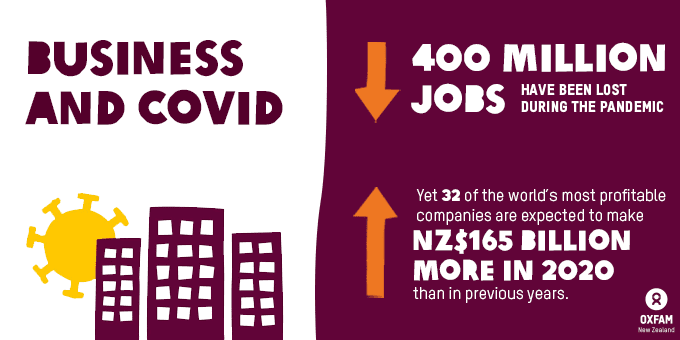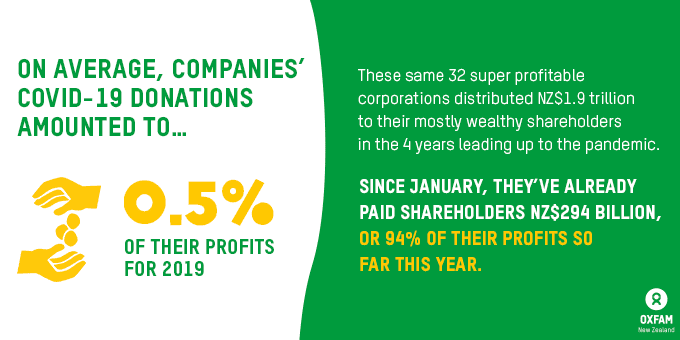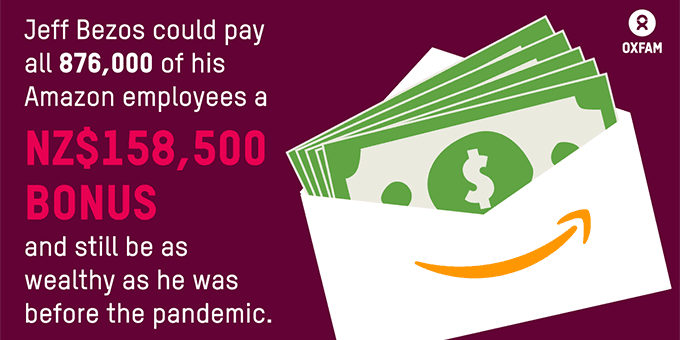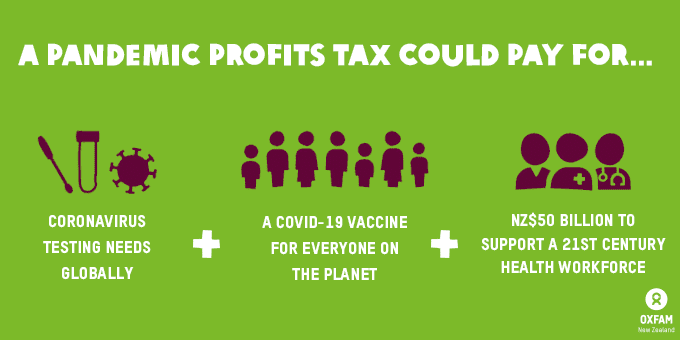New Zealand should greatly enhance its 2030 target under the Paris Agreement on the basis of equity. Climate finance for developing countries must play a critical part in meeting our fair share of the global effort to limit warming to 1.5ºC.
Aotearoa New Zealand’s current Nationally Determined Contribution (NDC) of 11% off 1990 levels by 2030 falls short of its equitable contribution to the global effort to limit warming to 1.5ºC.
International and New Zealand law both require the Government to consider equity in setting emissions budgets and targets, and therefore to differentiate New Zealand’s emissions reductions.
Several competing equity models exist. When each model is based on a trajectory that limits warming to 1.5ºC, with no or limited overshoot, these models suggest that New Zealand’s fair NDC for 2030 would involve emissions reductions ranging from at least 57% off 1990 levels, to cutting emissions by 99%, or even reaching net negative emissions by 2030.










